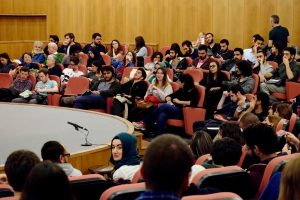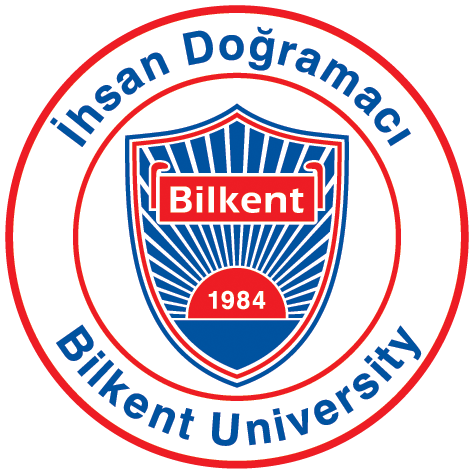
The most precious of all the treasuries in a palace, John Ruskin said, is full of books. “A society continually open to us, of people who will talk to us as long as we like, whatever our rank or occupation; — talk to us in the best words they can choose, and of the things nearest their hearts… To that you may enter always; in that you may take fellowship and rank according to your wish; from that, once entered into it, you can never be outcast.”
Literature is a “passport,” as Sir Philip Sidney put it, allowing us travel across the history of human thought. Authors live and speak to us as we read: we think their thoughts, hear their words, and experience their world. We understand these words and worlds in an ELIT seminar with the resources of all the humanistic fields and beyond: psychology and sociology, politics and aesthetics, philology and philosophy. Yet no one approach can exhaust the dimensions of a literary work. It combines thought with feeling, speaking to us on many levels at once and allowing us to think beyond rigid categories. We need not surrender any part of ourselves in reading literature, but we can gain or regain parts of ourselves that are missing, forgotten, or abandoned. It reminds us what we value, and how and why we value it. And if the world doesn’t value us, literature illuminates new possibilities while reminding us that we are not alone:
“They gave tongue to interesting thoughts of my own soul, which had frequently flashed through my mind, and died away for want of utterance… What I got from Sheridan was a bold denunciation of slavery, and a powerful vindication of human rights. The reading of these documents enabled me to utter my thoughts, and to meet the arguments brought forward to sustain slavery … The silver trumpet of freedom had roused my soul to eternal wakefulness. Freedom now appeared, to disappear no more forever … It looked from every star, it smiled in every calm, breathed in every wind, and moved in every storm.” (Frederick Douglass)
Literature allows us to frame our experience, make sense of it, and imagine a different and better world.
Welcome to the Department of English Language and Literature.
